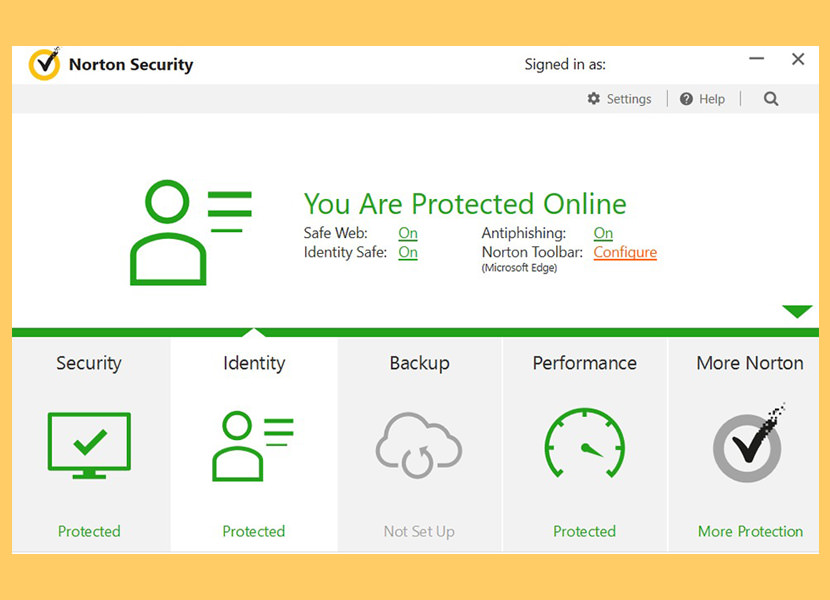

Companies that provide free VPNs have to make money somehow, and their profit often comes at the expense of your security. This is all to say that the most important thing to remember when it comes to free VPNs is that if you’re not paying for the product, you are the product.

They’re great for getting around geo-blocking, which blocks content based on a user’s location, but users’ are taking their security in their own hands using them as their information is easily exposed to skilled cybercriminals. It has been outstripped by more advanced forms of encryption and is considered outdated, though still provides some level of security.īoth P2P network sharing and PPTP are basic formats of encryption. An early and widely adopted form of data encryption that creates a digital tunnel to hide data. Point-to-Point Tunnelling Protocol (PPTP).You essentially trade IPs in this instance, and hope that the user that your traffic is going to hasn’t been compromised – because then your information will be exposed. This reroutes your traffic and your data through other users’ connections and devices, rather than giving you an anonymous IP. These applications provide the most basic level of service, often utilising either: There are many options, with providers ranging from companies with household names to businesses you’ve never heard of. That’s what often leads people down the road of free VPNs.įree VPNs can be downloaded free of charge, as their name implies. At this point, you’re probably thinking to yourself that you need a VPN no matter what.Your financial information that’s auto-saved or stored on your browser, like a credit card.Ultimately, this makes you more vulnerable to cybercrime.įor example: if you were to check the balance of your bank account while sitting in a café browsing on a compromised public Wi-Fi network, a cybercriminal would potentially have access to: The key is something that only the VPN provider has access to.īuilding a private connection that encrypts the traffic that’s done on it is important because everyday activities like online banking, shopping and browsing the web can expose your information if they’re done on a public Wi-Fi network. The web traffic and all activity done during the session is also encrypted, meaning that no one would be able to see where you’ve been and what you’ve done without an encryption key. These connections create a unique, temporary IP address that make computers – and their users – anonymous.
#NORTON SECURITY PREMIUM VPN SOFTWARE#
What is a VPN?īefore we’re off to the races on the pros and cons of free VPNs and paid VPNs, it’s important to explain what they are and, perhaps most importantly, why they’re used.Ī VPN is a software application that creates a private network connection for users browsing on public networks, which they may find in coffee shops or public libraries. The answer isn’t totally clear cut – even if we do have a favourite side – which means that the right option depends largely on how you browse the internet and what you’re looking for in a VPN. Which leaves you with yet another question: what’s the difference between a free VPN and a paid VPN? In fact, there are a number of them you can find for free. Providing online privacy is where a Virtual Private Network (VPN) is worth its weight in gold. We Google our most burning questions – and it’d be nice to know that we’re the only one that knows about them. If you’re thinking about making a purchase, you search for reviews.

If you have a cough, you look at an online medical forum to see what it’s a symptom of. Take a step back and think about just how often we use the internet nowadays.


 0 kommentar(er)
0 kommentar(er)
